12 Plant-Based Powerhouses Proven to Lower Bad Cholesterol
Heart disease remains a leading cause of death worldwide, and cholesterol plays a pivotal role in its development. While our bodies need cholesterol to build cells, too much of it can lead to clogged arteries and increase the risk of heart attacks. The good news is that lifestyle changes, particularly dietary adjustments, can significantly impact cholesterol levels. In this article, we will explore how a plant-based diet can serve as a powerful ally in the battle against high cholesterol. We'll delve into 12 specific plant-based foods that can help lower cholesterol and improve heart health, providing you with a comprehensive guide to nurturing your heart through nutrition.
1. Understanding Cholesterol: The Good, the Bad, and the Essential
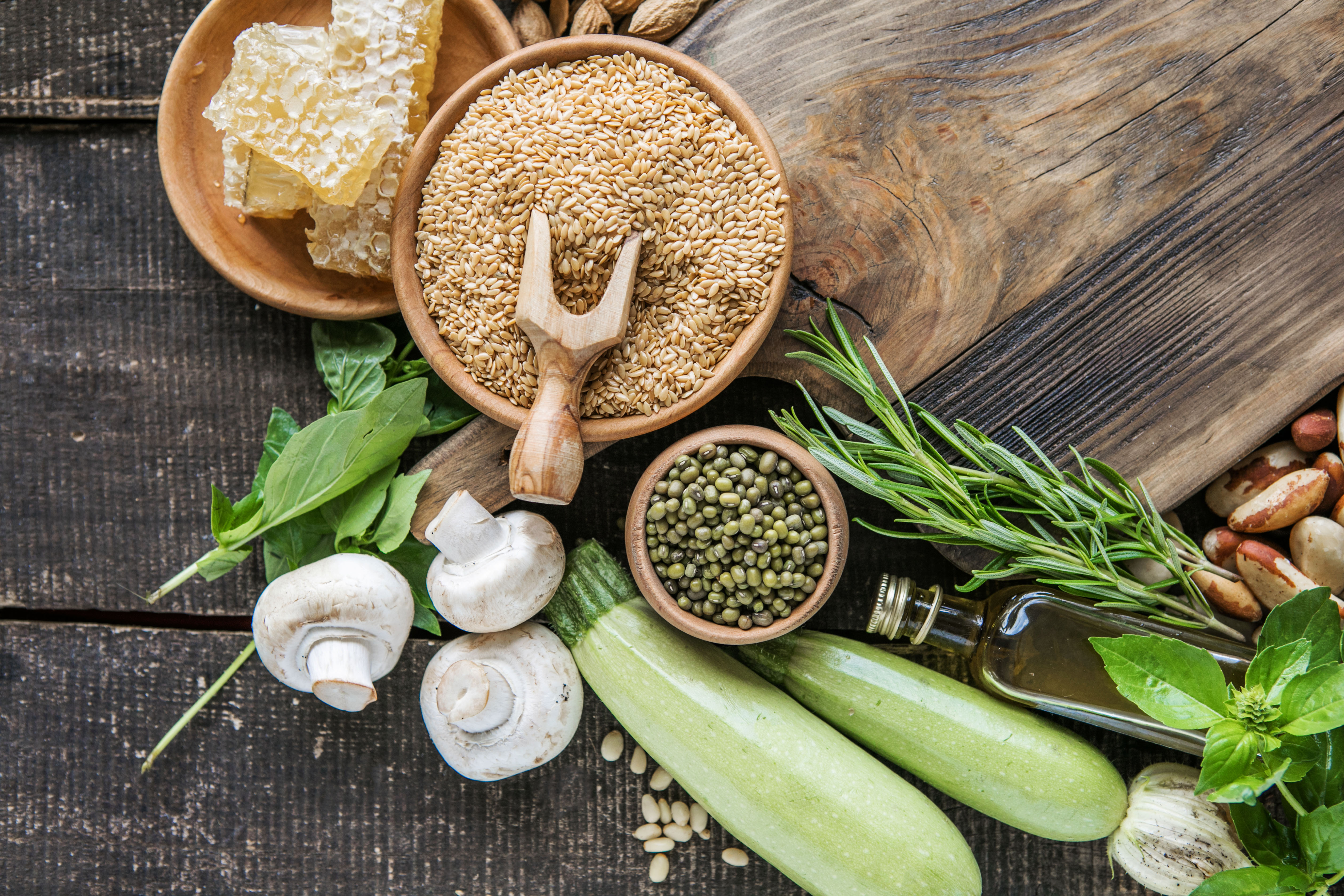
Cholesterol is often painted as a villain in the narrative of heart health, but it’s more nuanced than that. There are two main types: low-density lipoprotein (LDL), often referred to as "bad" cholesterol, and high-density lipoprotein (HDL), the "good" cholesterol. LDL contributes to fatty buildups in arteries, while HDL helps remove cholesterol from the bloodstream. Balancing these types is crucial. Diet plays a significant role in managing these levels. Plant-based foods are rich in fiber and healthy fats, which can help reduce LDL levels while maintaining or even boosting HDL levels, creating a healthier cholesterol balance.
2. The Power of Plant-Based Diets: A Nutritional Overview
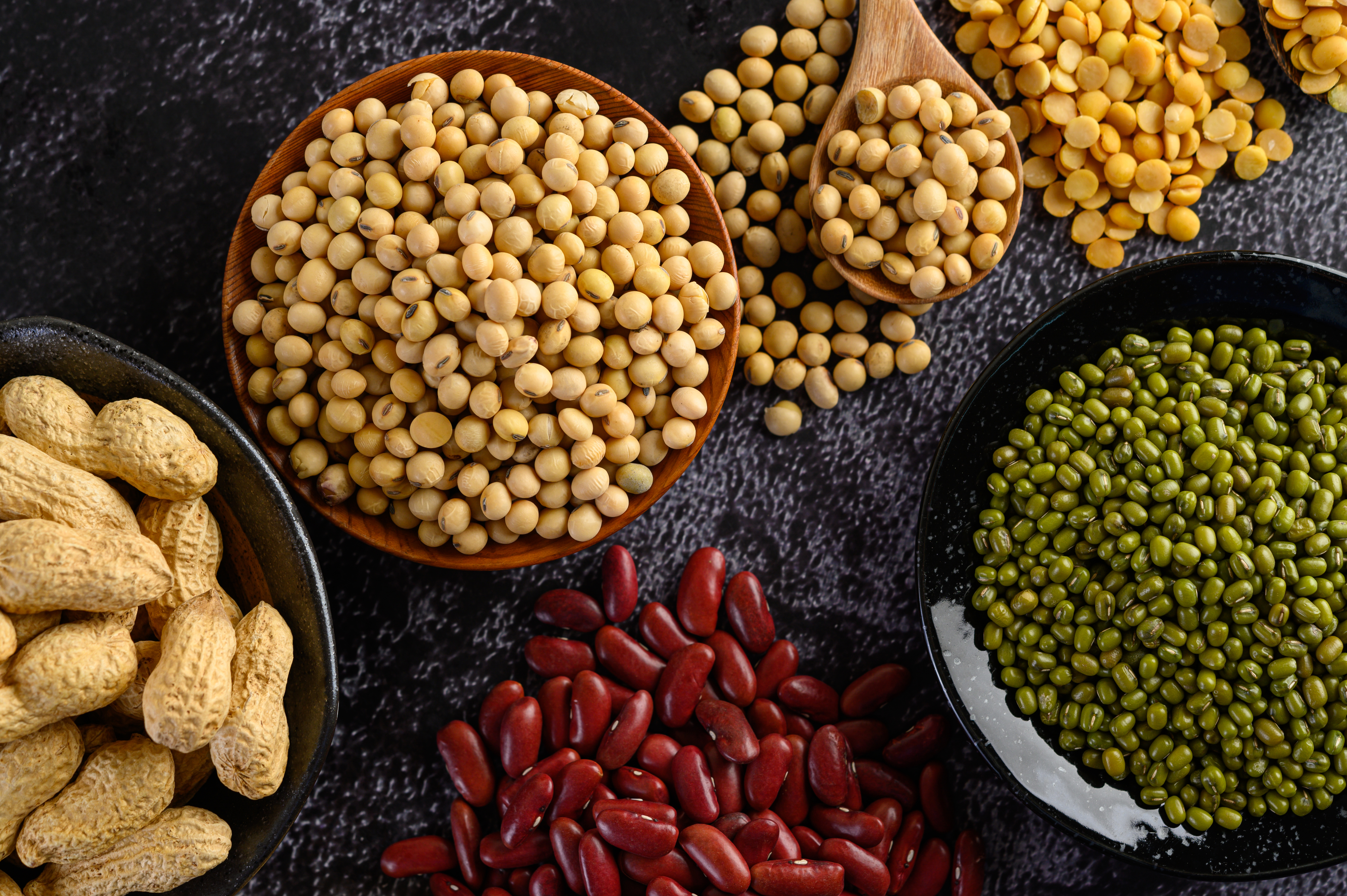
A plant-based diet emphasizes fruits, vegetables, whole grains, nuts, seeds, and legumes, minimizing or eliminating animal products. This dietary approach not only supports weight management but also reduces the risk of chronic diseases, including heart disease. Plant-based diets are high in dietary fiber, antioxidants, and phytonutrients, which can help reduce inflammation and improve heart health. They are also low in saturated fats, which are known to increase LDL cholesterol. The shift towards plant-based eating can be transformative, enhancing overall well-being and promoting a healthier heart.
3. Avocados: Creamy Cholesterol Fighters
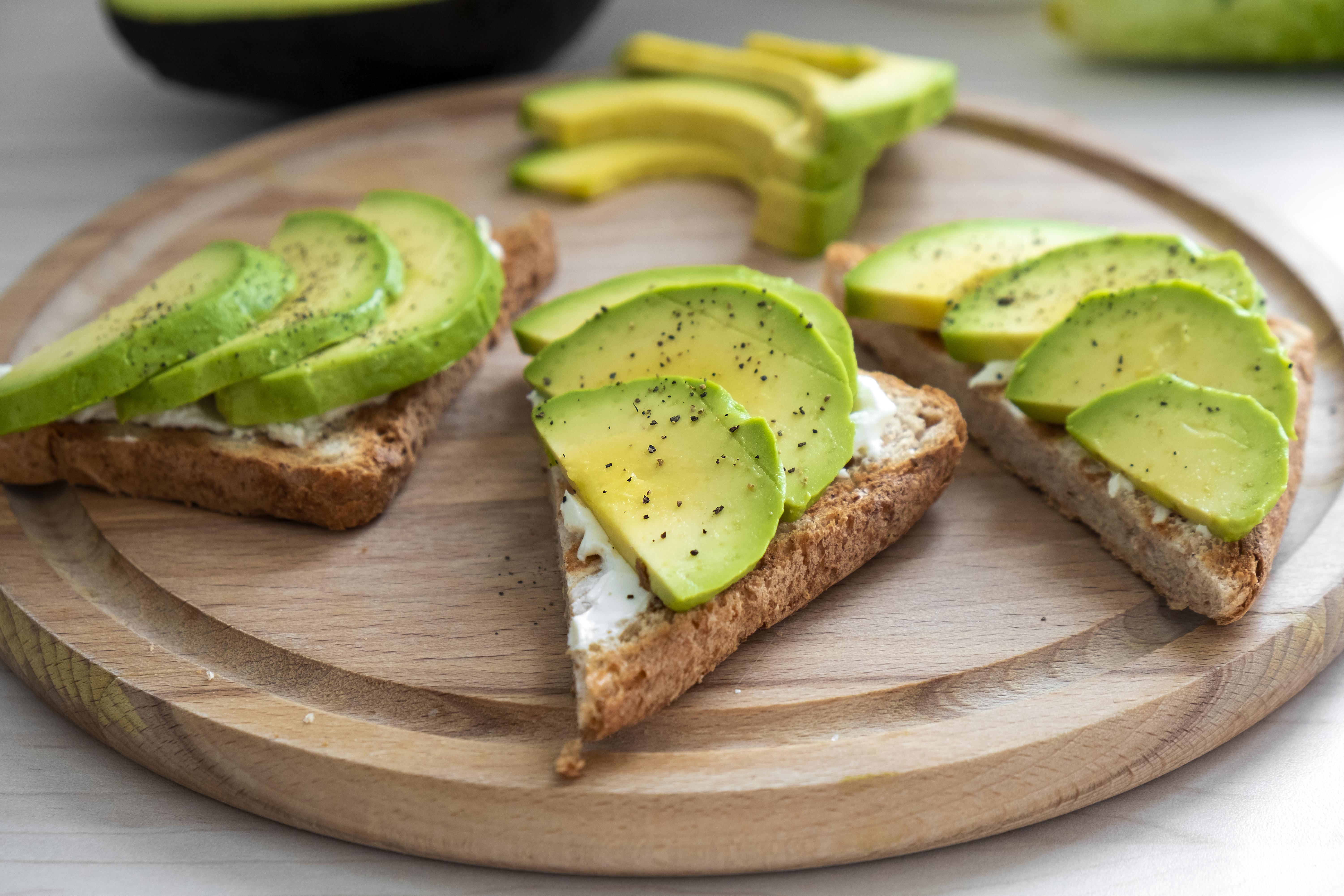
Avocados are more than just a trendy toast topping; they are a heart-healthy powerhouse. Rich in monounsaturated fats, avocados can help lower LDL cholesterol while maintaining HDL levels. They are also packed with fiber, which aids in cholesterol management by binding to cholesterol in the digestive system and removing it from the body. Incorporating avocados into your diet is simple; they can be added to salads, smoothies, or even used as a substitute for butter or mayonnaise. Their versatility and health benefits make them a valuable addition to a heart-conscious diet.
4. Nuts and Seeds: Tiny Titans of Heart Health
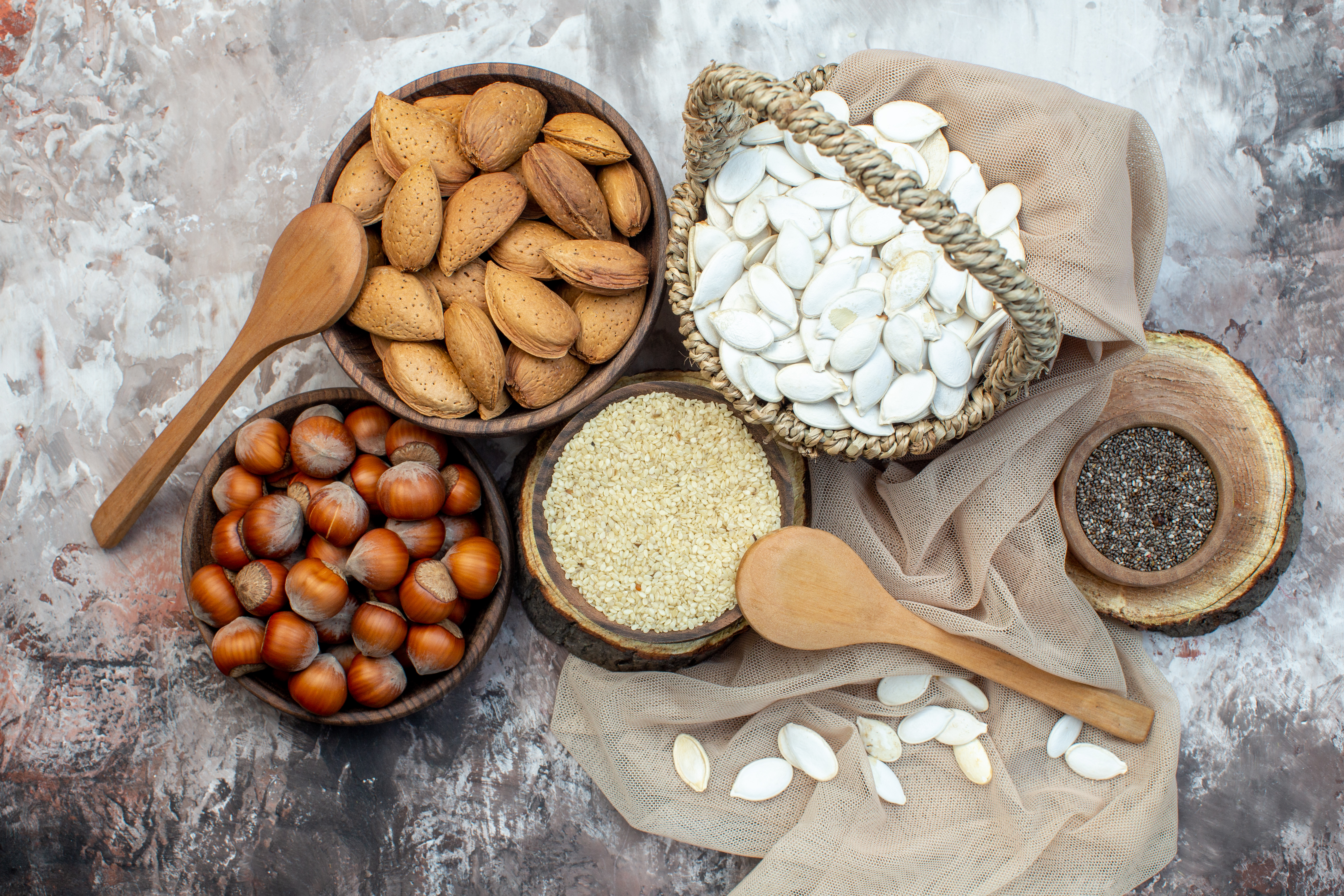
Nuts and seeds may be small, but their benefits are mighty. Almonds, walnuts, flaxseeds, and chia seeds are particularly effective in lowering cholesterol levels. These foods are rich in omega-3 fatty acids, fiber, and plant sterols, compounds that block cholesterol absorption in the intestines. Regular consumption of nuts and seeds can lead to significant reductions in LDL cholesterol and improvements in overall heart health. They make for an easy snack, can be added to oatmeal or yogurt, and provide a satisfying crunch to salads and stir-fries.
5. Oats and Barley: Grains with a Heart
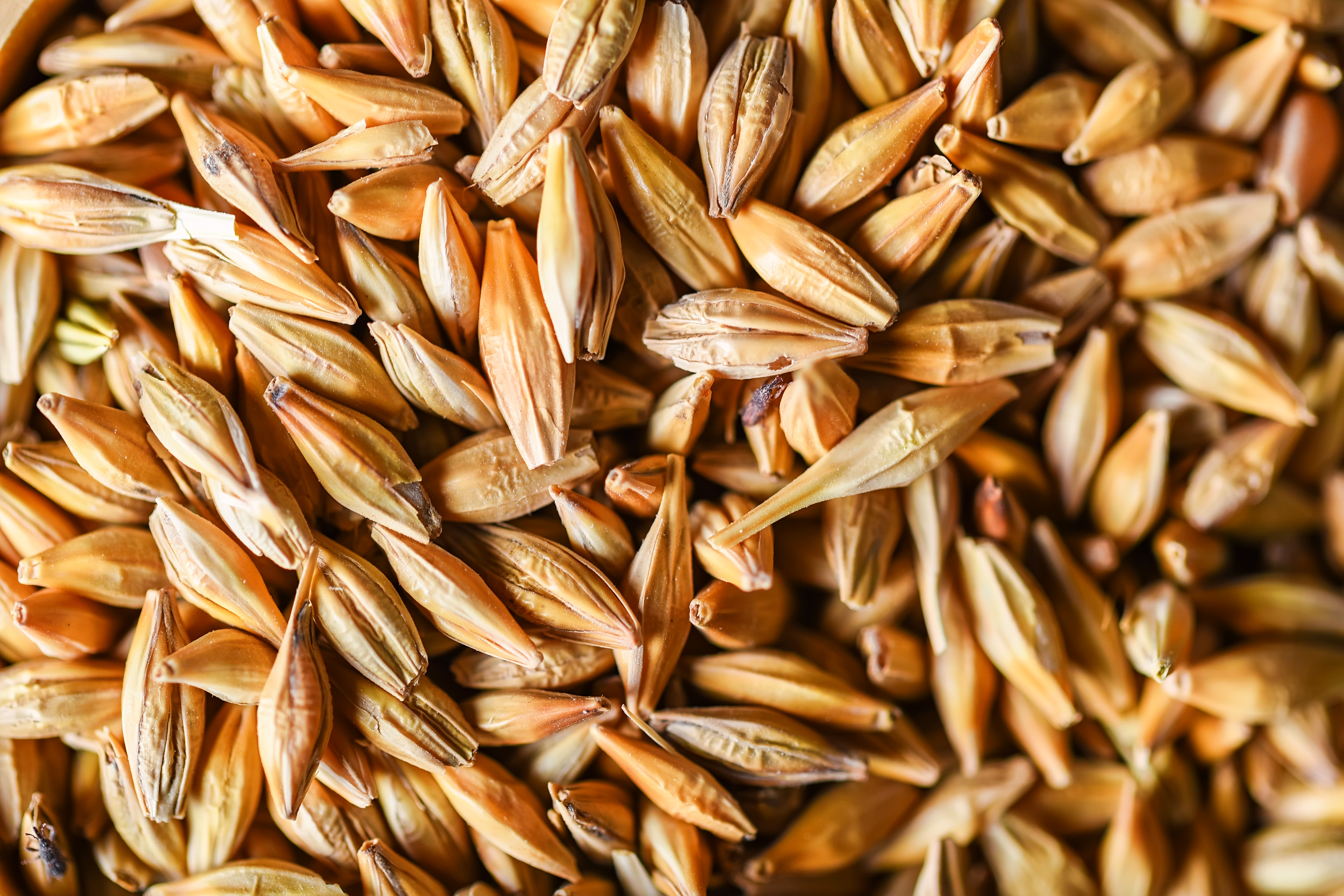
Oats and barley are whole grains that have earned their reputation as cholesterol busters. They contain beta-glucan, a type of soluble fiber that forms a gel-like substance in the gut, binding to cholesterol and preventing its absorption. Studies have shown that consuming just 3 grams of beta-glucan daily can lower LDL cholesterol by 5-10%. Starting your day with a bowl of oatmeal or incorporating barley into soups and stews can be a delicious and effective way to improve your cholesterol profile and support heart health.
6. Berries: Sweet and Heart-Smart
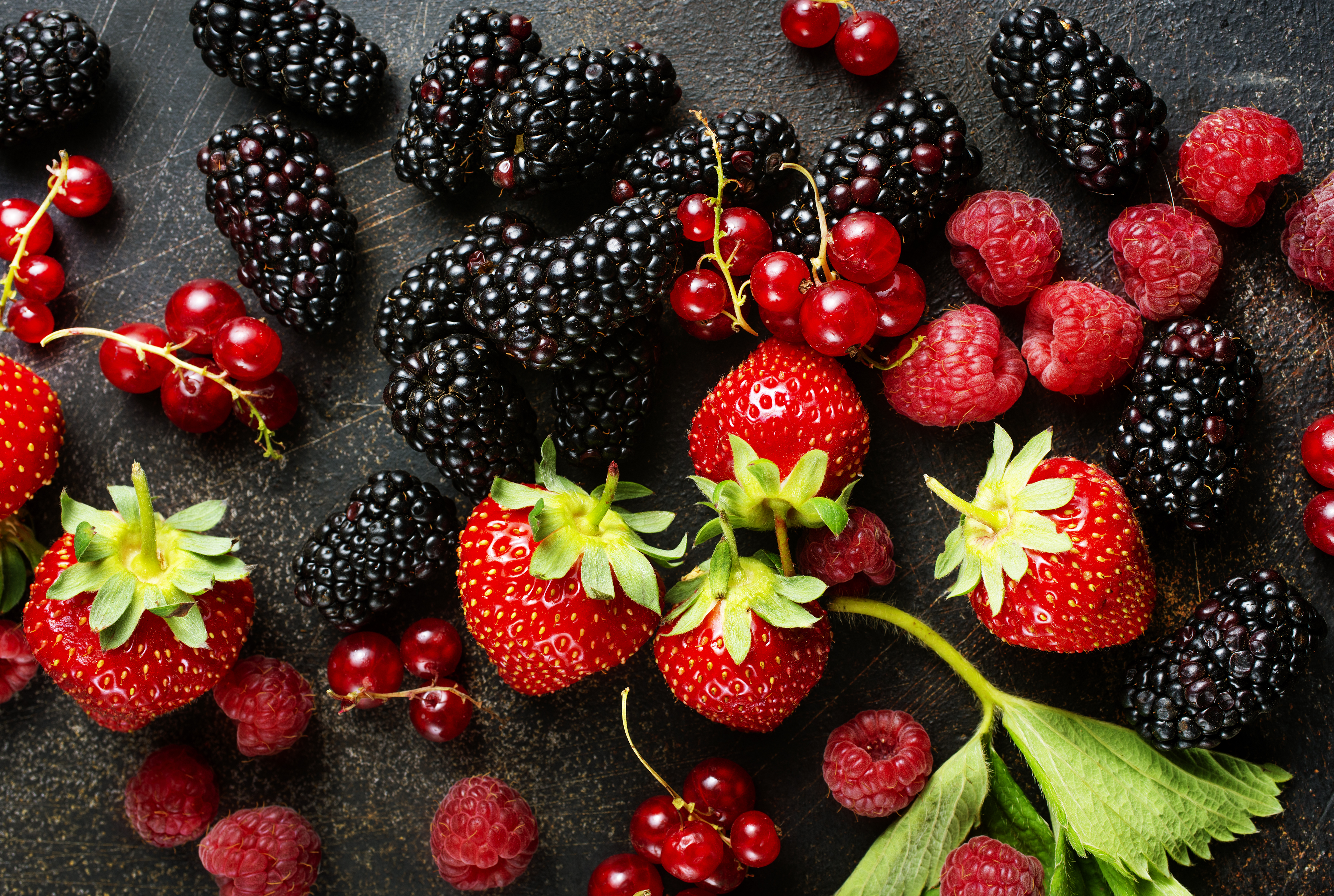
Berries, including strawberries, blueberries, and raspberries, are not only delicious but also packed with antioxidants and fiber. These nutrients help reduce inflammation and improve cholesterol levels. The polyphenols in berries, especially anthocyanins, have been shown to decrease LDL cholesterol and increase HDL cholesterol. Berries can be enjoyed fresh, frozen, or dried, making them a versatile ingredient for smoothies, desserts, or as a topping for cereal and yogurt. Their natural sweetness and health benefits make them a delightful addition to a heart-healthy diet.
7. Legumes: The Protein Powerhouses
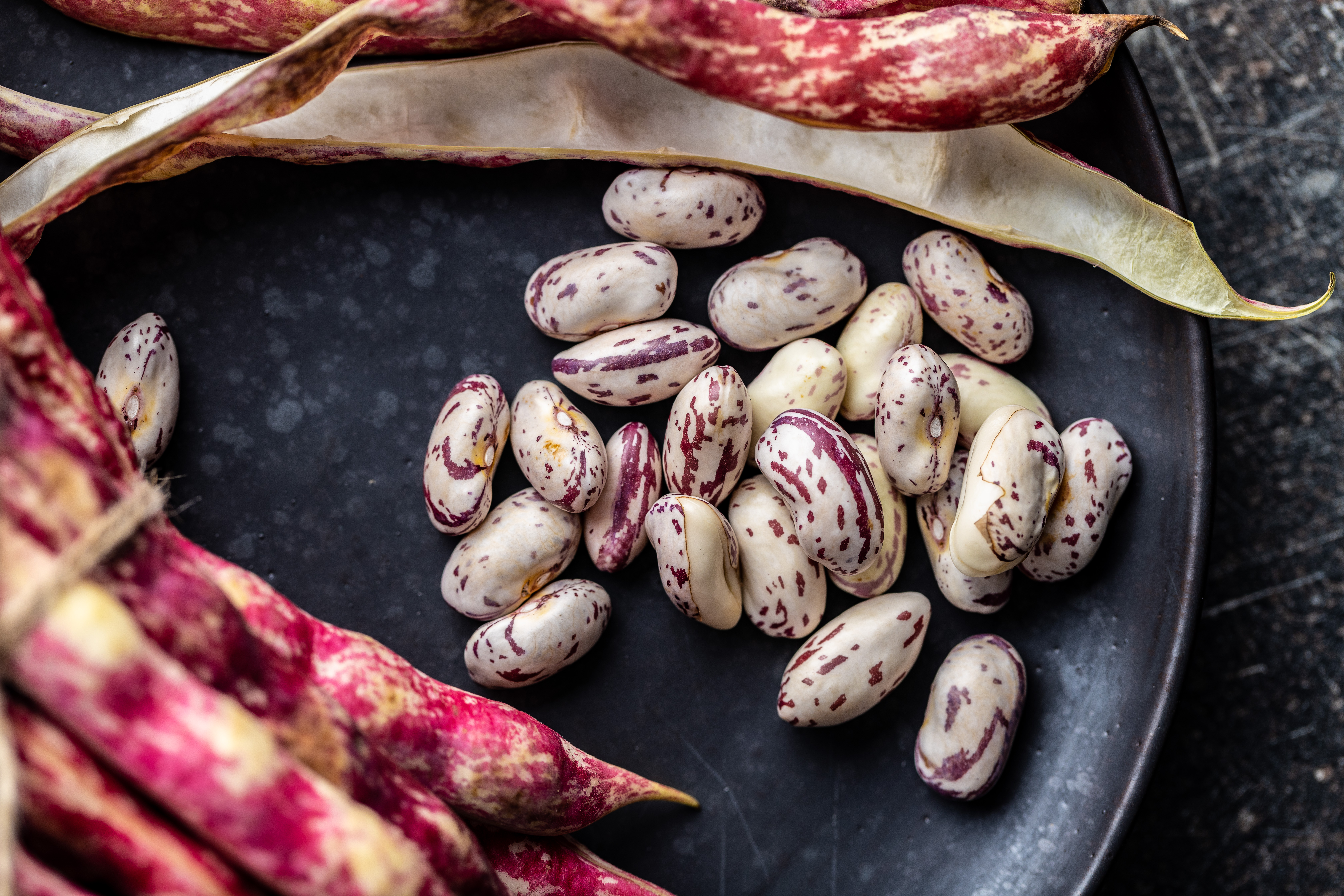
Legumes, such as beans, lentils, and chickpeas, are excellent sources of plant-based protein and fiber. They are low in fat and can help lower cholesterol levels by reducing the absorption of cholesterol in the gut. The soluble fiber in legumes binds to cholesterol and bile acids, promoting their excretion and reducing overall cholesterol levels. Regular consumption of legumes has been associated with a reduced risk of heart disease. They can be used in a variety of dishes, from soups and stews to salads and dips, offering both versatility and nutritional benefits.
8. Leafy Greens: The Chlorophyll Champions
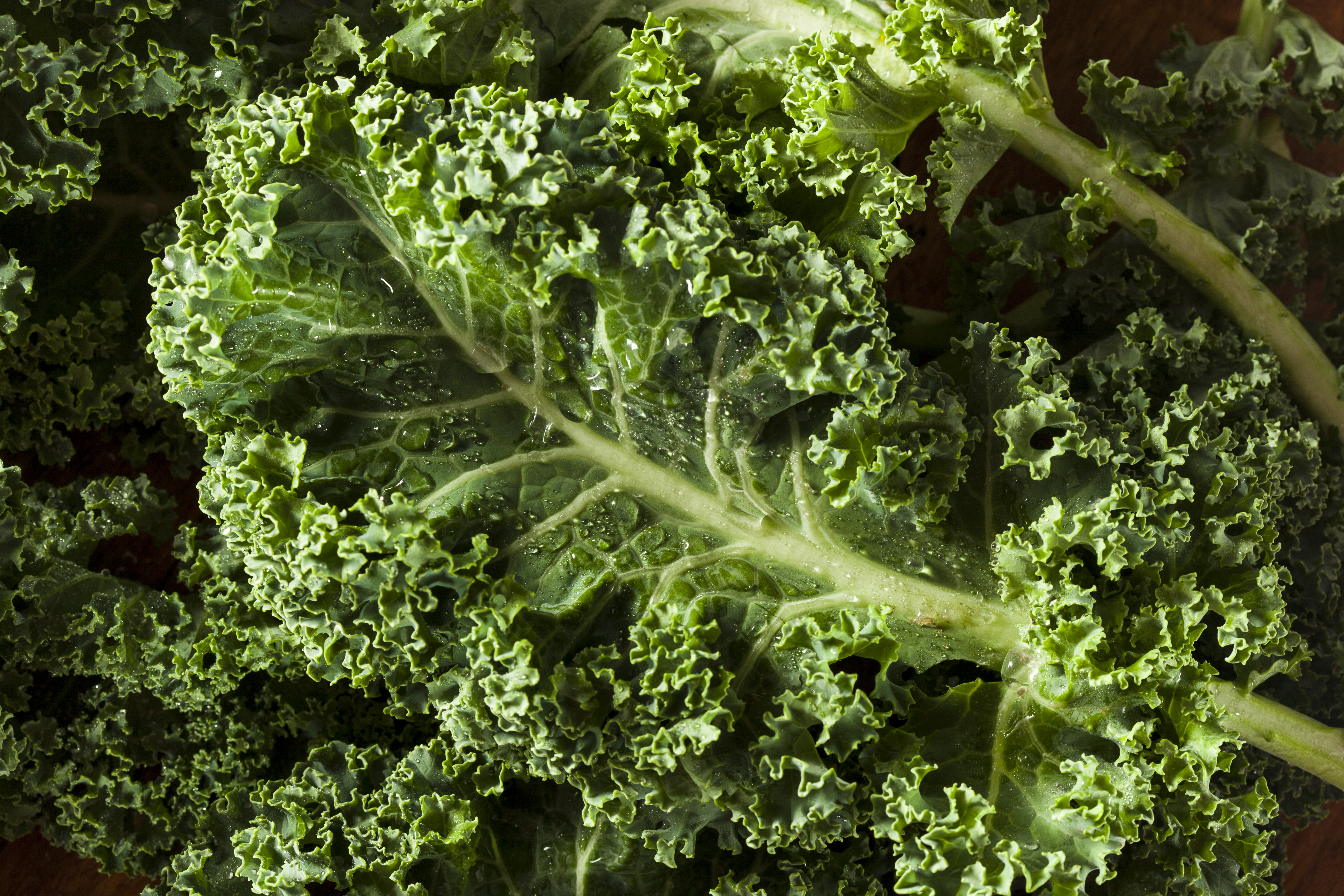
Leafy greens like spinach, kale, and Swiss chard are nutritional powerhouses that can support heart health. They are rich in fiber, vitamins, minerals, and antioxidants, all of which contribute to lower cholesterol levels and improved heart function. The nitrates found in leafy greens help improve blood vessel function and reduce blood pressure, further supporting cardiovascular health. Incorporating leafy greens into your diet is easy; they can be added to smoothies, salads, or sautéed as a side dish, providing a nutrient-dense boost to any meal.
9. Soy Products: A Plant-Based Protein Alternative
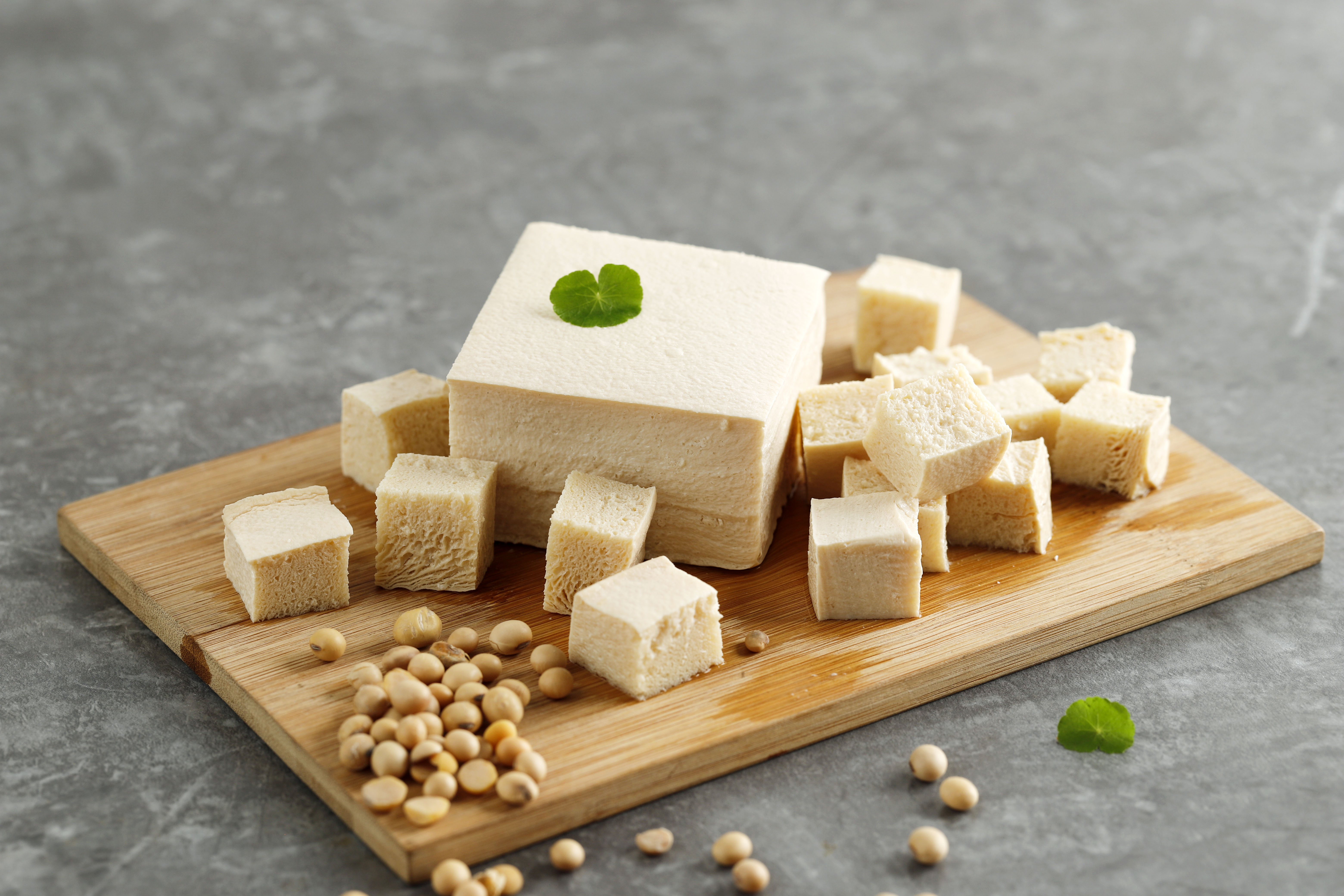
Soy products, including tofu, tempeh, and edamame, are excellent sources of plant-based protein and contain compounds called isoflavones. These compounds have been shown to lower LDL cholesterol and improve heart health. Replacing animal proteins with soy products can help reduce saturated fat intake and provide essential nutrients that support cardiovascular health. Soy products are versatile and can be used in a variety of dishes, from stir-fries and salads to soups and sandwiches, making them a valuable addition to a heart-healthy diet.
10. Olive Oil: The Liquid Gold

Olive oil is often hailed as a cornerstone of the Mediterranean diet, known for its heart health benefits. Rich in monounsaturated fats and antioxidants, olive oil can help lower LDL cholesterol and improve HDL levels. The polyphenols in olive oil also have anti-inflammatory properties that support overall heart health. Using olive oil as a cooking oil or salad dressing is a simple way to incorporate its benefits into your diet. Opt for extra-virgin olive oil for the highest concentration of beneficial compounds and enjoy its rich flavor and health benefits.
11. Dark Chocolate: A Sweet Indulgence
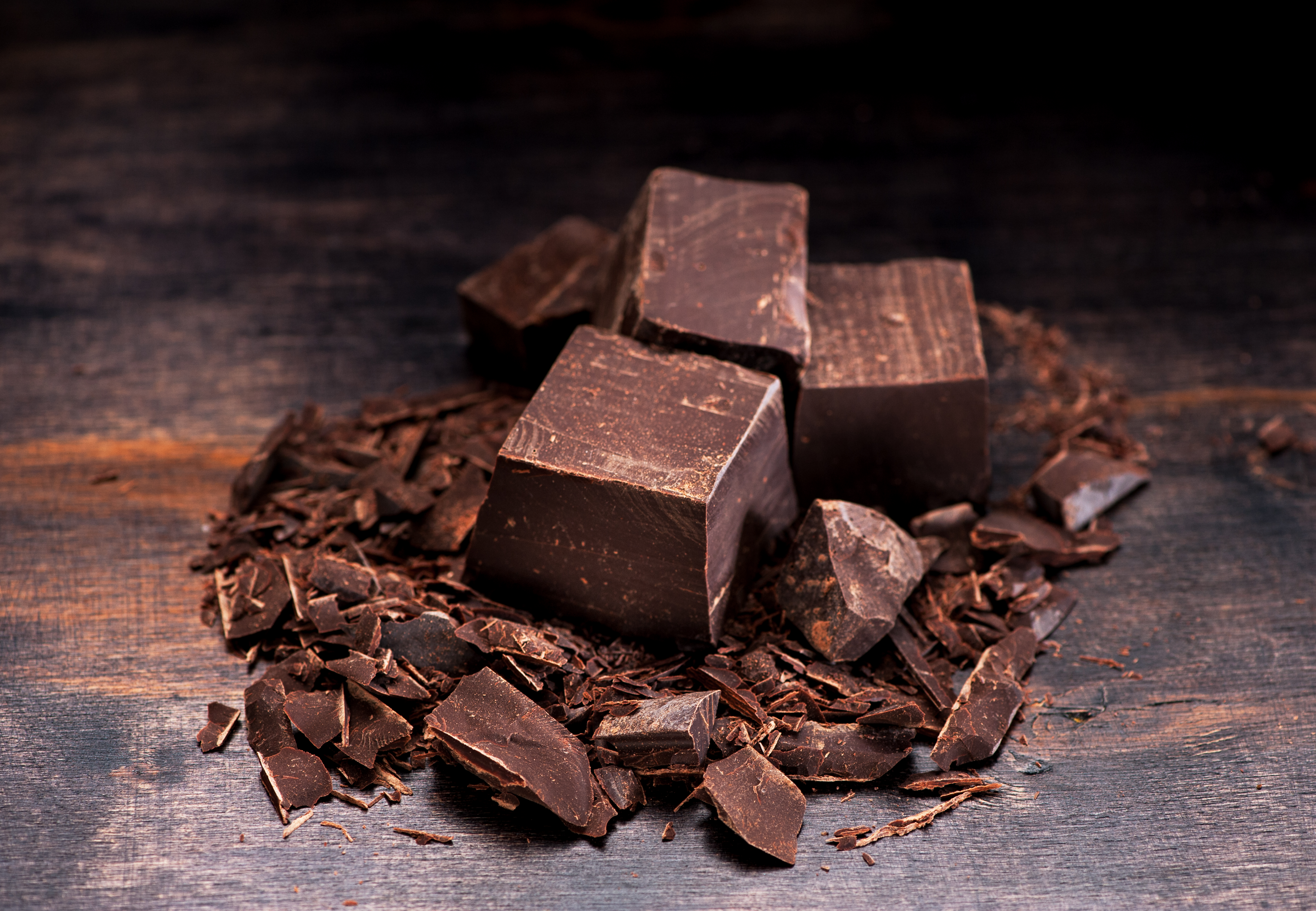
Dark chocolate, when consumed in moderation, can be a heart-healthy treat. It contains flavonoids, antioxidants that have been shown to improve cholesterol levels and reduce the risk of heart disease. Dark chocolate can help increase HDL cholesterol and lower LDL cholesterol, thanks to its cocoa content. Choosing dark chocolate with a high cocoa percentage and minimal added sugars is key to reaping its benefits. Enjoying a small piece of dark chocolate as an occasional treat can satisfy your sweet tooth while supporting heart health.
12. Green Tea: The Soothing Sip

Green tea is a popular beverage known for its numerous health benefits, including its ability to improve cholesterol levels. Rich in catechins, a type of antioxidant, green tea can help lower LDL cholesterol and reduce overall cholesterol levels. Regular consumption of green tea has been associated with a reduced risk of heart disease and improved cardiovascular health. Enjoying a cup of green tea daily can be a soothing and beneficial addition to a heart-conscious lifestyle, offering both relaxation and health benefits.
Embracing a plant-based diet rich in cholesterol-busting foods is a powerful step towards improving heart health. By incorporating avocados, nuts, seeds, whole grains, berries, legumes, leafy greens, soy products, olive oil, dark chocolate, and green tea into your daily routine, you can effectively manage cholesterol levels and reduce the risk of heart disease. These foods not only support heart health but also contribute to overall well-being, providing essential nutrients and promoting a balanced lifestyle. Making these dietary changes is a commitment to nurturing your heart and enhancing your quality of life.